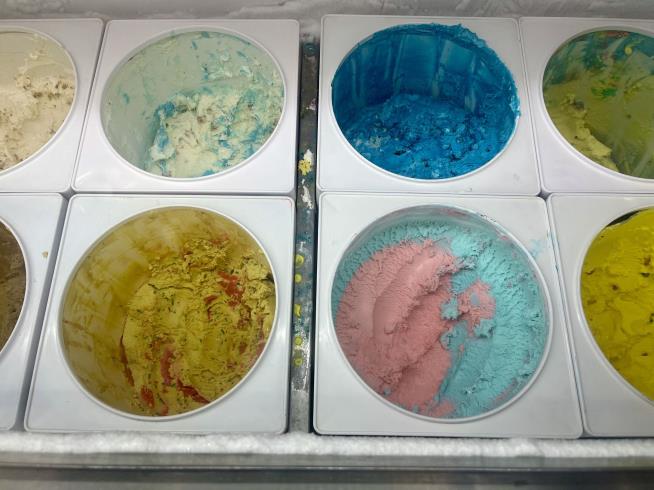California Legislation on Food Dyes Is a First
 By Bob Cronin
By Bob Cronin
California has become the first state in the country to pass legislation prohibiting the use of certain chemicals in food and beverages served at public and charter K-12 schools because of concern the color additives impair learning.
The bill, which has gone to Gov. Gavin Newsom for his signature, covers red dye No. 40, yellow dyes Nos. 5 and 6, blue dyes Nos. 1 and 2, and green dye No. 3, CNN reports. They’re found variously in products including cereal, ice cream, drinks, candy, ice pops, cheese-flavored chips, and jellies, according to the Environmental Working Group, a nonprofit environmental health organization.
A 2021 study by the state Office of Environmental Health Hazard Assessment linked the dyes to behavioral difficulties and decreased attention among children. “We know that the synthetic food dyes that are targeted by this bill can cause harm for all kids, but we know that there is a specially pronounced impact on a lot of our young people with ADHD and other challenges,” said Democratic Assemblymember Jesse Gabriel, who introduced the bill. The federal Food and Drug Administration has said it has not established a causal link, per NBC News.
Gabriel countered that the agency’s existing regulations on dyes in food is based on research that’s 35 to 70 years old. An FDA spokesperson told NBC on Friday that it will assess new data on the safety of food chemicals and hold a public meeting in September on the matter. Studies have found red dye No. 40 specifically to pose a risk to children’s brain development, per KTLA.
If Newsom signs the measure, it would become law on Dec. 31, 2027.
(More food dye stories.)
Source: Newser
Image: Certain ice creams contain the color additives prohibited at schools under California legislation. (Getty/Jaclyn Vernace via Newser)


